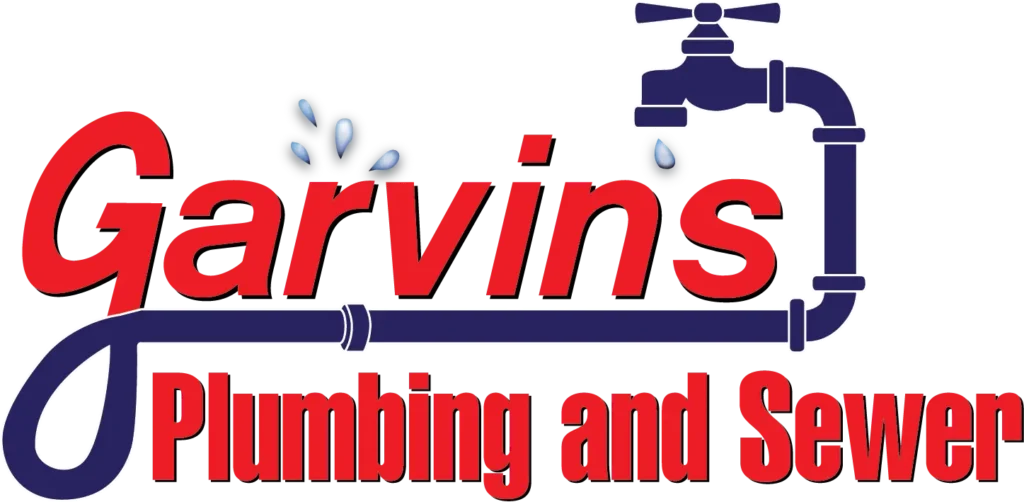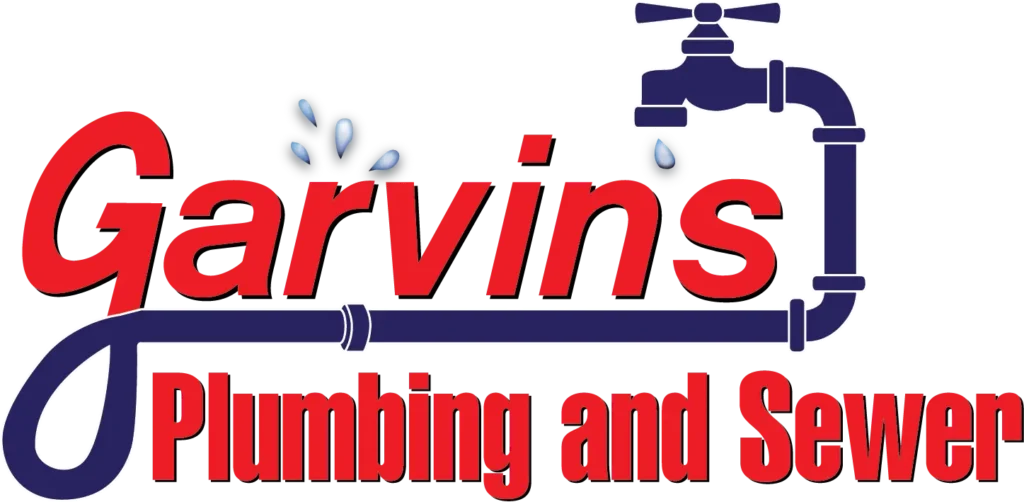
Blog
Do I need a sewer repair?
Do you need a sewer repair? First, let me start by saying we are NOT the company to tell you that you…

Sewer Scope Denver
The Top 3 Reasons to Schedule a Sewer Scope Inspection in Denver
What is a sewer scope inspection & why get one? A sewer scope inspection is the best option when you want to…

Sewer Cleaning Denver
A Guide To Sewer Line Preventive Maintenance in Englewood
Not all plumbing problems are quite the same. A slow drip from your bathroom faucet, or a water heater that’s not quite…

Blog
To flush or not to flush: How will it affect my need for drain cleaning?
To flush or not to flush: what belongs in your trash and NOT your sewer. Tips for smart, responsible homeowners and tenants.
Blog
Happy New Years! Make a Resolution To Take Care of Your Plumbing
On behalf of Garvin’s Sewer Service, we’d like to wish you a happy and healthy new year! 2017 will make the 77th…
Blog
Some Common Questions We Get When Performing Drain Cleaning Services
While we work with our hands all days long, we also work with people. That’s why we spend so much time hiring…
Blog
How To Prevent Drain Cleaning On Thanksgiving
Thanksgiving is here once again, and that means food, family, and friends. If you’re hosting, it also means a large number of…

Garvin's Sewer Service
4 Most Common Reasons the Front Range is Calling Their Local Plumber
When you think of drain cleaning and plumbing services, you probably associate sewer cleaners and plumbers with the last task that they…

Blog
Make Use of Grease and Cooking Oil and You Won’t Need Sewer Drain Cleaning Quite So Soon
If you’ve been reading the Garvin’s Sewer Service Clog Blog for any amount of time, you know our disgust for grease. After…

Garvin's Sewer Service
Time To Respond To Some More of Our Sewer Cleaning Reviews
Every so often we like to respond to some of our customer comments regarding our sewer cleaning, rooter service, drain cleaning,…

Garvin's Sewer Service
Why Go With Gavin’s For 24/7 Sewer Drain Cleaning?
In today’s world, it’s pretty standard that companies that offer emergency services, such as urgent sewer cleaning, are available 24 hours…

Garvin's Sewer Service
Breaking Down The Declaration Of Service For Our Drain and Sewer Cleaning Customers
At Garvin’s Sewer Service, we believe in being as upfront about everything as much as possible. For instance, we tell you…




